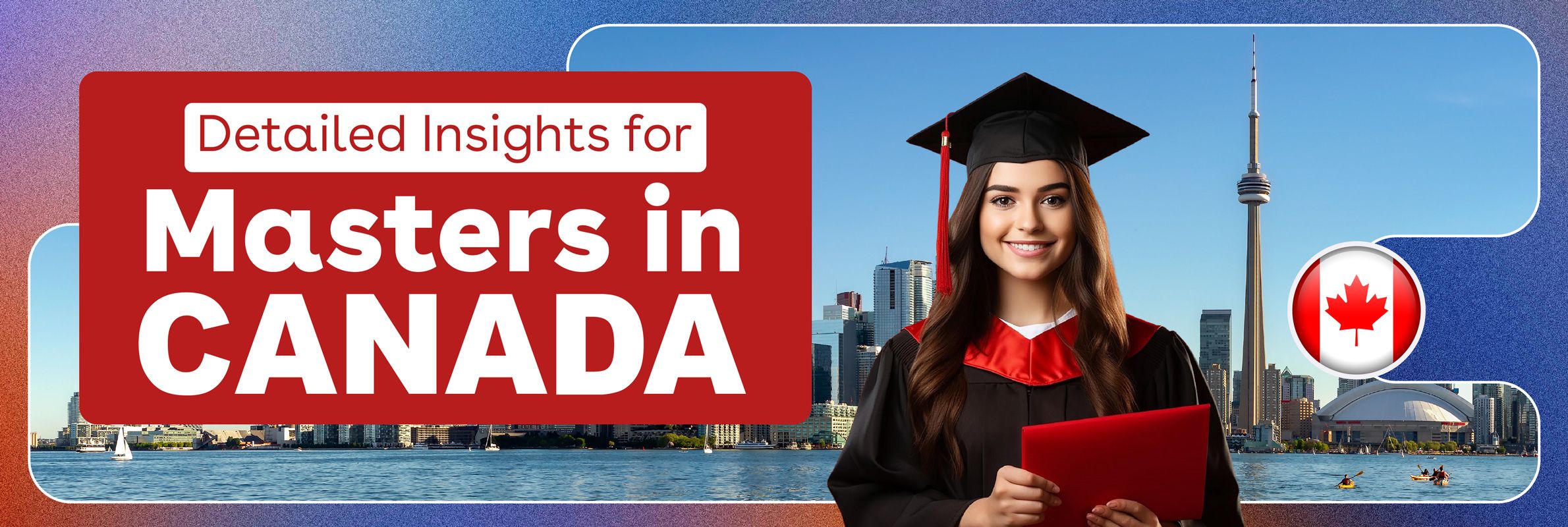Canada truly shines as a top destination for international students aiming for a Masters degree. It brings together world‑class universities, a safe and welcoming society, and lower overall costs compared to other popular study destinations. Canadian campuses are known for celebrating cultural diversity, with students from all over the world sharing traditions, ideas, and meals.
Institutions consistently rank among the best globally, offering rigorous academic standards, ideal resources, and strong connections to fields like technology, healthcare, and business. Whether you’re looking for top‑tier research, practical learning, or simply a welcoming, grounded environment, Masters in Canada brings a balanced blend of opportunity and belonging, all without compromising on any educational aspect that study abroad aspirants look for. This blog covers everything that you need to know about masters in Canada, from eligibility, cost, to post-study opportunities and more.
